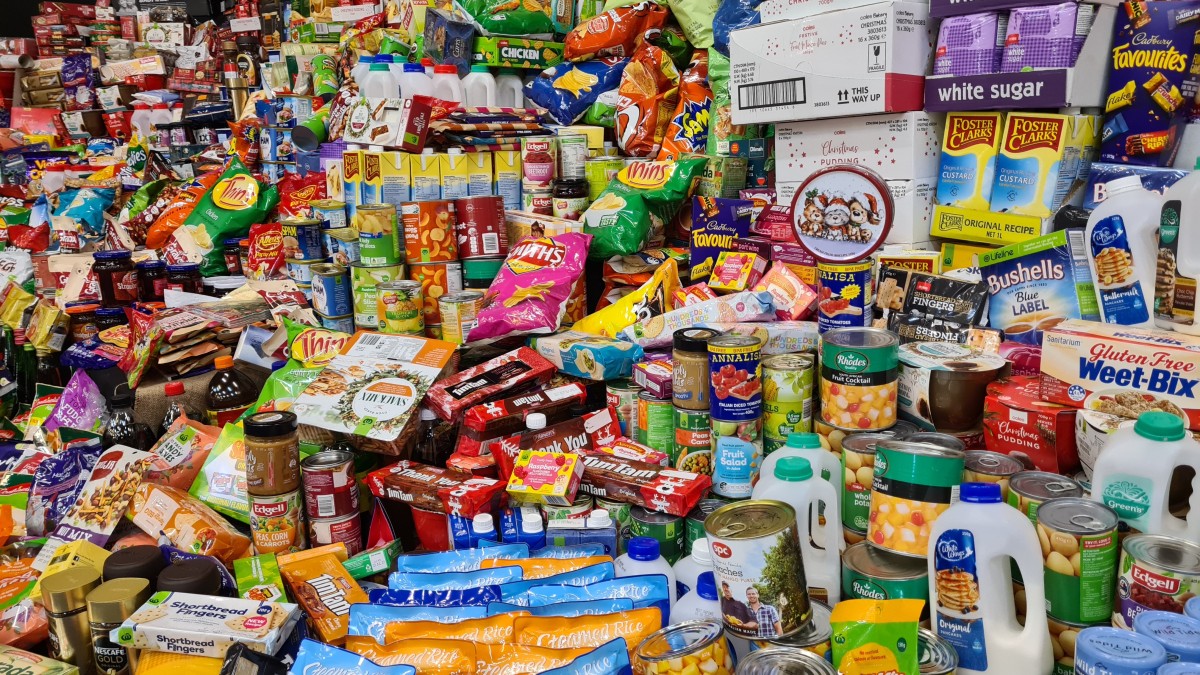In an increasingly unpredictable world, the importance of having a stockpile of non-perishable foods cannot be overstated. These foods, which have a long shelf life and don't require refrigeration, can be a lifesaver in emergency situations or simply when you're unable to make a trip to the grocery store. In this article, we will delve into the world of non-perishable foods, highlighting 10 essential items that you should consider adding to your pantry.
- Canned Beans: A powerhouse of protein and fiber, canned beans are a versatile ingredient that can be used in a variety of dishes. They are also rich in essential nutrients like iron and potassium.
- Rice: A staple food for more than half of the world's population, rice is a great source of energy. It's also gluten-free, making it a safe option for those with dietary restrictions.
- Pasta: Another versatile carbohydrate, pasta can be stored for long periods and can be used to whip up a meal in no time. Opt for whole grain varieties for added nutritional benefits.
- Canned Vegetables: While fresh vegetables are always the best option, having canned vegetables on hand can ensure you get your daily dose of vitamins and minerals.
- Canned Fish: Rich in omega-3 fatty acids and protein, canned fish like tuna or salmon is a healthy and convenient option.
- Powdered Milk: While it may not taste exactly like fresh milk, powdered milk is a good source of essential nutrients like calcium and vitamin D.
- Dried Fruits: These are packed with fiber and antioxidants. They can be eaten as a snack or used in cooking and baking.
- Nuts and Seeds: High in healthy fats, protein, and fiber, nuts and seeds are a nutritious snack that can keep you satiated for long periods.
- Honey: Known for its long shelf life, honey is a natural sweetener that also possesses antimicrobial properties.
- Quinoa: This superfood is packed with protein and all nine essential amino acids. It's also gluten-free and high in fiber.
While this list is by no means exhaustive, it provides a good starting point for building a stockpile of non-perishable foods. Remember, the key is to choose items that you and your family enjoy eating, and that can be used in a variety of meals. Also, be sure to check the expiration dates and store these items properly to ensure their longevity.
In conclusion, having a well-stocked pantry with non-perishable foods is not just about preparing for emergencies. It's about ensuring that you always have access to nutritious food, regardless of the circumstances. So, the next time you go grocery shopping, don't forget to add these pantry powerhouses to your list!




+ There are no comments
Add yours